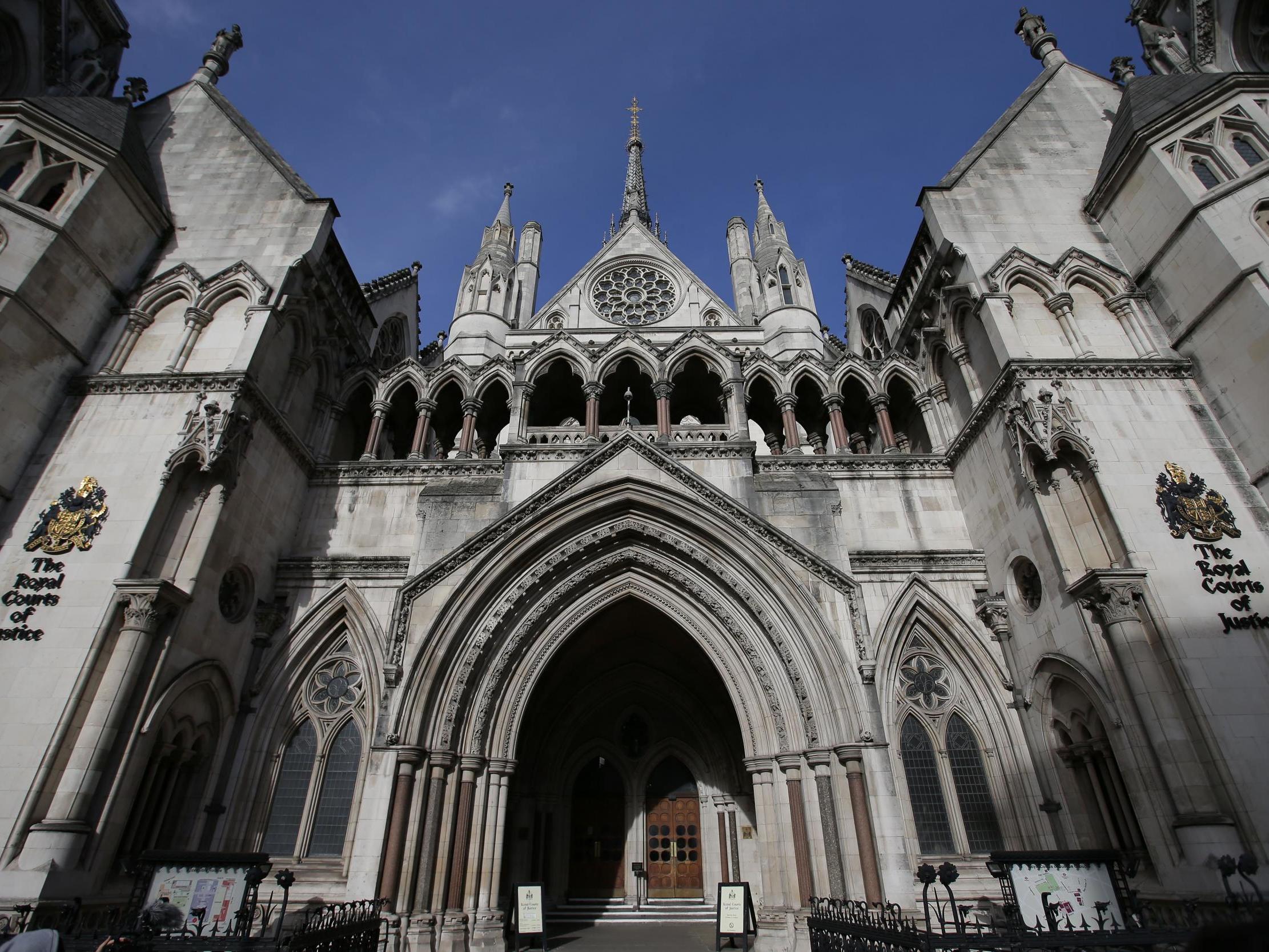Muslim women 'given hope' by High Court ruling that sharia marriages can be covered by English law
Judge says finding over one couple's circumstances does not cover all Islamic marriages in UK

Muslim women who are left powerless to claim money or property from their husbands after the breakdown of an Islamic marriage have been “given hope” by a landmark ruling at the High Court.
The Honourable Mr Justice Williams found a woman was entitled to maintenance from her husband after they split, even though they had only undergone a “nikah” ceremony and had not formally registered their marriage.
Sitting at the Family Division of the High Court in London, the judge ruled that their 18-year relationship was a “void marriage” under English law, rather than falling under the “non-marriage” classification previously given to sharia marriages.
Mr Justice Williams stressed that his ruling did not apply to all religious ceremonies, which the law must approach “on a case-by-case basis” to see if they fall under the Marriage Act 1949.
But he found that the particular circumstances of Nasreen Akhter and Mohammed Shabaz Khan meant they had the legal status of husband and wife.
“This case is not about whether an Islamic marriage ceremony (a nikah) should be treated as creating a valid marriage in English law,” said a written ruling handed down this week.
The pair, now both 46, married at a London restaurant in 1998 in a ceremony carried out by an imam and witnessed in front of guests.
Ms Akhter, a qualified solicitor, wanted to make the marriage official with a civil ceremony afterwards and a 'walima party' but her husband refused.
But the High Court found that the couple later managed to obtain a marriage certificate that enabled them to live and work in Dubai, and “state authorities in England treated them as husband and wife”.
They had four children before their relationship fell apart in 2016. Ms Akhter applied for a divorce but her husband defended it by claiming their marriage was in “sharia law only” and not valid under English law.
Mr Justice Williams concluded that although the marriage was “entered into in disregard of certain requirements”, it could not be legally declared a non-marriage and was covered by English law.
“Those who have religiously married and have lived here for many years, raised families and been treated by the family community and state authorities as married, should not have the term 'non-marriage' applied to them,” he added.
The court heard that the classification could be discriminatory towards Muslim women because they are “more likely to be held to be in a non-marriage given the current state of the law” and not have rights to their husband’s financial assets in the event of a split.
Barrister Paula Rhone-Adrien, who represented Mr Khan in the hearing, said the facts of the case were “particular to this couple”.
“But this has opened up a debate, and the question for people will be: ‘Will my set of circumstances fall into that bracket?’” she told The Independent.
“It throws up questions and at the moment I’m not sure we have all the answers.
“This case-by-case analysis that will have to be undertaken is an exciting time for this evolving area of law. There has been no change for a very long time.”
Hazel Wright, a solicitor specialising in family law and partner at Hunters, said the ruling may not set a nationwide precedent, but “holds out some hope” for Muslim women without civil marriages and the rights they bring.
“A non-marriage leaves women with no financial rights for themselves at all – only for their children,” she explained.
“The fact that, for most Islamic marriages, this is the case means that usually the wives are very disadvantaged.”
Ms Wright said that many Muslim couples do not follow Islamic ceremonies with civil marriages – a requirement generated by the 1949 Marriage Act.
“The Marriage Act is quite old and we, as a society, need to reflect what people do – people have marriages in all sorts,” she added, pointing out that Muslim men can break off religious marriages by pronouncing the “triple talaq”, but women cannot do the same.
“We need to bring the law into the 21st century…the growth of common law marriage and cohabitation is huge.”
An experts' review into the application of sharia law was published in February, after being commissioned by the Home Office.
A panel of experts, which included an academic and lawyers, said Muslim couples should be required to undergo civil marriages in addition to Muslim ceremonies, to bring Islamic marriage legally into line with Christian and Jewish marriage.
Join our commenting forum
Join thought-provoking conversations, follow other Independent readers and see their replies
Comments
Bookmark popover
Removed from bookmarks